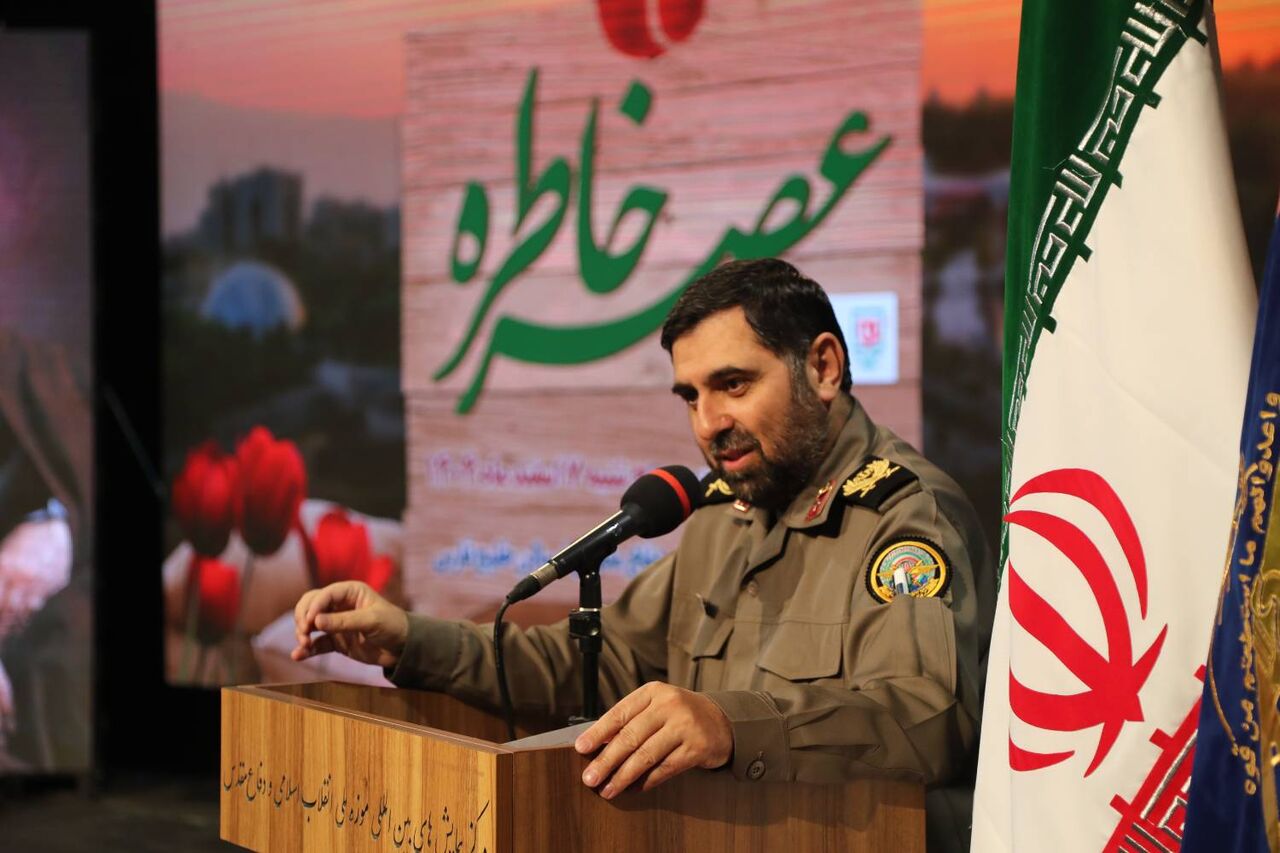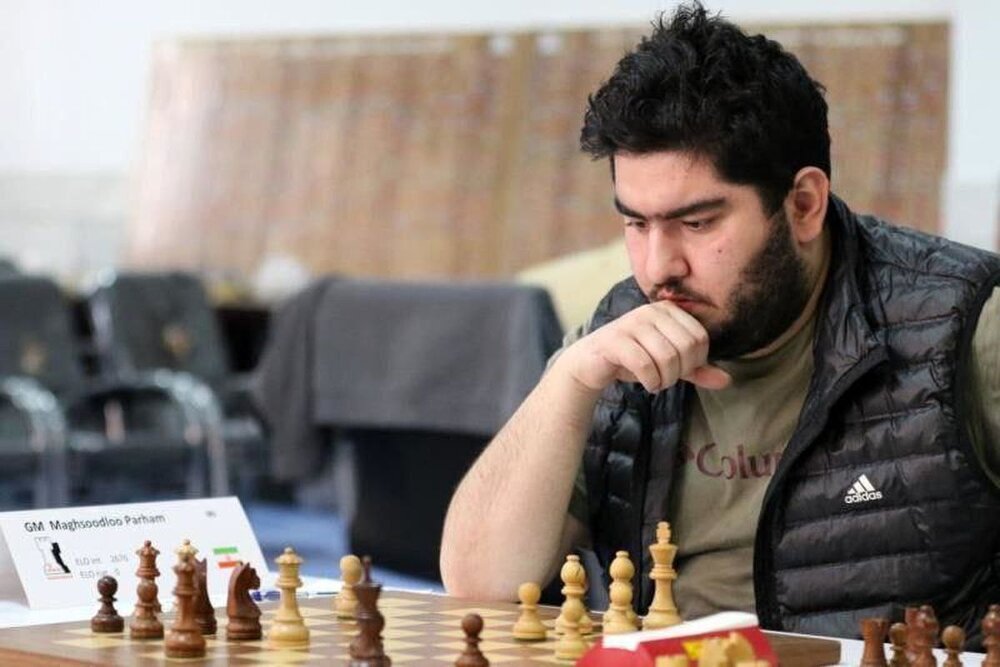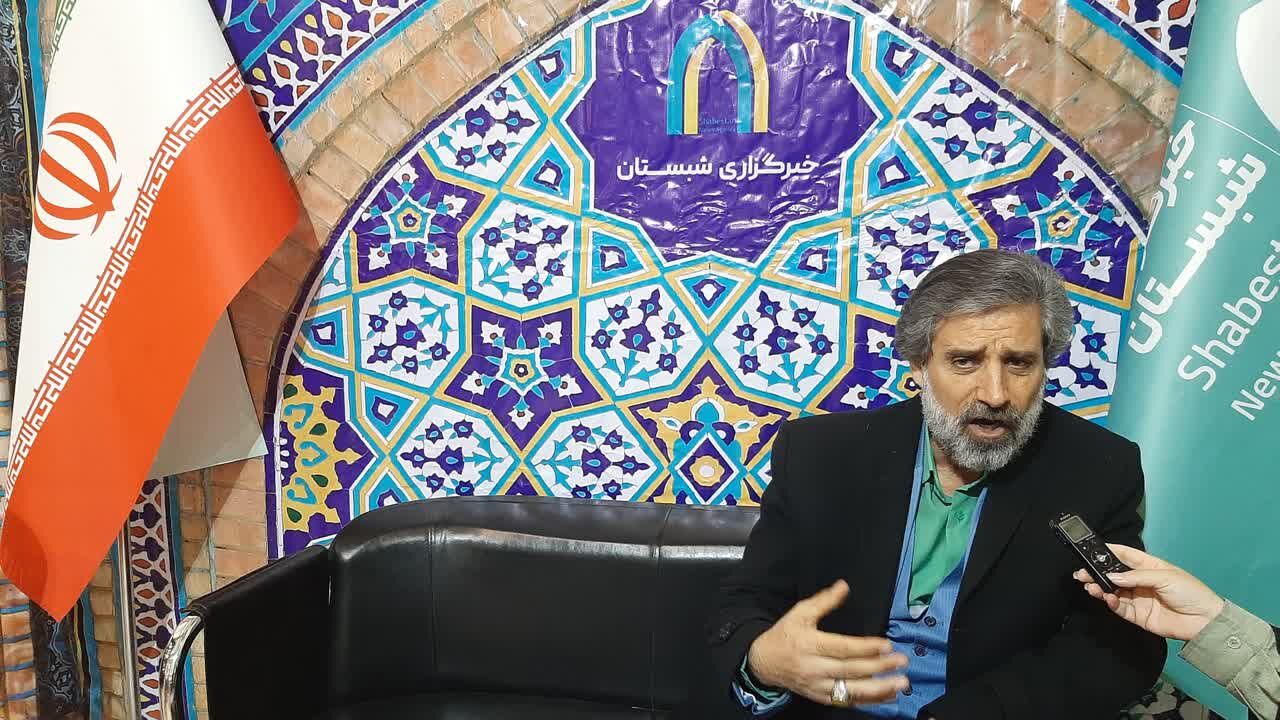Palestinian factions start 'national dialogue', US appoints diplomat to monitor ceasefire
Palestinian factions start 'national dialogue', US appoints diplomat to monitor ceasefire

Palestinian factions met in Cairo on Friday to lay out the beginnings of a "national dialogue" that will address Gaza's governance and future as part of a Palestinian state, a joint statement on Friday indicated.
"We agreed to continue working together to unify our visions and positions to confront the challenges facing the Palestinian cause, including calling for an urgent meeting of all Palestinian forces and factions to agree on a national strategy, and to activate the Palestine Liberation Organization (PLO), the sole legitimate representative of the Palestinian people," the Palestinian factions said after the meeting.
Hamas representation was at the Cairo meeting, but it is not immediately clear which other Palestinian factions were present.
One hundred and fifty-seven of 193 member states of the United Nations now recognise Palestine, including most G7 nations.
While the current US administration seems to have largely written off that prospect, recent polling has shown for the very first time that 41 percent of Republican voters want the US to proclaim Palestinian statehood. That figure is doubled among Democrats.
To that effect, the factions agreed that only independent Palestinian "technocrats" from Gaza should form a temporary committee to manage daily life and provide basic services, and that they are willing to cede power to that group.
"We emphasise that the current phase requires a unified national position and a national political vision based on unity of voice and destiny, and the rejection of all forms of annexation and displacement in the Gaza Strip, the West Bank, and Jerusalem," the statement said.
The factions urged an end to "all forms of torture and violations against prisoners in Israeli prisons", and "the need to take all necessary measures to maintain security and stability throughout the Gaza Strip".
There was no mention of disarmament - a thorny issue that is unlikely to come to fruition in its absolute form as the US and Israel have demanded.
But the factions did call for a UN force to monitor the ceasefire.
Trump and the UN
Middle East Eye has reported that Egypt, publicly and privately, lobbied for a UN mandate.
Rubio himself said this week that the US would consider "going to the UN potentially and getting the international mandate, building the international defense security forces".
Such a move would be laden with irony, given the Trump administration's hostility to the institution, particularly regarding the Israel-Palestine conflict and war in Gaza.
During his speech to the UN General Assembly in September, Trump mocked the UN, saying it used "empty words" that “don’t solve war”. When an escalator carrying Trump to the General Assembly hall stopped working, the US president accused the body of “sabotage” and his administration threatened to investigate the mechanical failure.
Earlier this year, the Trump administration slapped sanctions on the UN’s special rapporteur on Israel and Palestine, Francesca Albanese. Rubio accused the UN rapporteur of “open contempt” for the US, Israel, and “the West.”
The Trump administration also suspended funding to the UN agency for Palestinian refugees and withdrew from the UN Human Rights Council.
In Gaza, the US worked with Israel to push for the widely discredited Gaza Humanitarian Foundation (GHF) to take over aid distribution in Gaza. US mercenaries manning GHF aid sites have been accused of attacking starving Palestinians. At least 2,000 people were killed while seeking aid.
The Trump administration on Friday appointed a former top diplomat in Yemen and Iraq to run the hub in southern Israel that will monitor the implementation of the Gaza ceasefire.
"Ambassador Steven Fagin will serve as the civilian lead of the Civil-Military Coordination Center, which is supporting the implementation of the President’s 20 Point Peace Plan for Gaza," the State Department said.
Fagin has been the US ambassador to Yemen since May 2022, and before that was deputy chief of mission at the US embassy in Baghdad. He was also the principal officer at the US Consulate General in Erbil, and director of the State Department’s Office of Iranian Affairs during the transition from the Obama to Trump administrations.
Secretary of State Marco Rubio, now the third top-level US official to visit Israel in 10 days, was in Kiryat Gat on Friday to tour the facility. The CMCC, as it has been dubbed, has a presence from at least six countries, including western Europe, Canada, and Jordan, the Times of Israel reported.
"There’s going to be ups and downs and twists and turns," Rubio warned of the Trump plan's rollout. "But I think we have a lot of reason for healthy optimism about the progress that’s being made."












